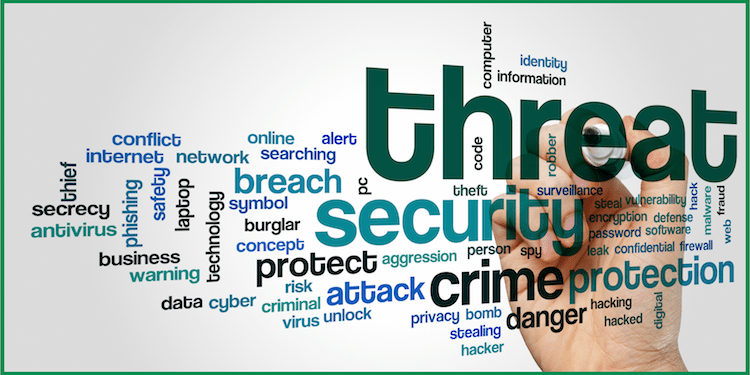Cybersecurity is the protection and prevention of internet-connected systems from cyber threats.
Cybersecurity protects software, data, and hardware and prevents unauthorized access to devices or networks.
With so many online human activities, cybersecurity is critical to the security of modern technology.
Cyber-security protects information systems and data against attacks and from being accessed, altered, or stolen by malicious hackers.
The Importance of Cybersecurity
Fundamentally, human society is much more internet-dependent than ever, and the trend continues.
Data breaches potentially leading to identity theft are becoming more widely publicized on social media.
Dropbox and Google Drive, for example, now keep records of social security numbers, banking account information, and credit card numbers in the cloud.
The internet, mobile computers, and electronic media have become increasingly important in our professional, personal, and financial lives.
Unfortunately, this pervasive trend makes humans more vulnerable to destructive attacks, invasions of privacy, fraud, and other cyber crimes.
For everyday consumers, phishing scams, identity theft, ransomware attacks, data breaches, and financial losses are never far away.
Cybersecurity is essential as it secures all forms of data from theft and harm.
Social engineering is the most common cyber threat; nevertheless, ransomware, phishing, vishing, and spyware are equally damaging.
Safety Precautions against Cybersecurity Threats
How can businesses and individuals safeguard themselves against cyber threats? Here are some cyber security tips:
- The regular software and operating system updates
Bad actors will take advantage of system vulnerabilities.
Frequent software updates guarantee that you get the most recent security updates, which protect you from known issues and vulnerabilities.
Ensure your software and equipment are up to date to avoid becoming a victim of fraudsters. For best practices, set up automatic updates for devices, applications, and operating systems.
- Multifactor Authentication.
Multifactor authentication (MFA) entails taking an extra step to verify identity when accessing an electronic account.
Multifactor authentication ensures that you’re authorized to access the account you are asking to access, e.g., bank, social media, school, email, etc. As a result, secondary verification is the gateway to gaining access.
Multifactor authentication verification could involve sending prompt messages to the email account or phone number registered on the account.
- Install a firewall.
Firewalls operate as gatekeepers between your machine and the internet.
Firewall act as barriers, preventing cyber threats like viruses and malware from spreading.
To detect and eliminate threats, use anti-virus software like Kaspersky Total Security to keep your software up-to-date and secure.
- Avoid clicking suspicious links.
Avoid opening email attachments from unknown senders; these emails may contain viruses and be a scam, i.e., phishing.
Phishing scheme is the fraudulent practice of sending out emails pretending to be from genuine sources, e.g., a company or person, to persuade individuals to provide personal information.
- Use strong passwords
Make your passwords as challenging as possible.
A strong password should combine at least nine characters, i.e., numbers, alphabets, and special characters.
Avoid using popular information like your name and date of birth as a password; abstain from reusing a password.
- Avoid utilizing Public Wi-Fi networks.
Avoid unsecured public Wi-Fi networks, especially when conducting and completing important transactions, such as banking, because man-in-the-middle attacks can occur.
Bottomline
Cybersecurity is essential to everyone and businesses.
It protects personal information and business assets and prevents cybercrime. It is also critical to the modern economy and society, as it plays a crucial role in the economy and the provision of public services.
As such, we must improve our cybersecurity to ensure that our digital assets and information are protected and that we can continue functioning and operating in the digital economy and society.
Do you enjoy this reading? Kindly share with family, friends, and colleagues. Thanks 🙂



